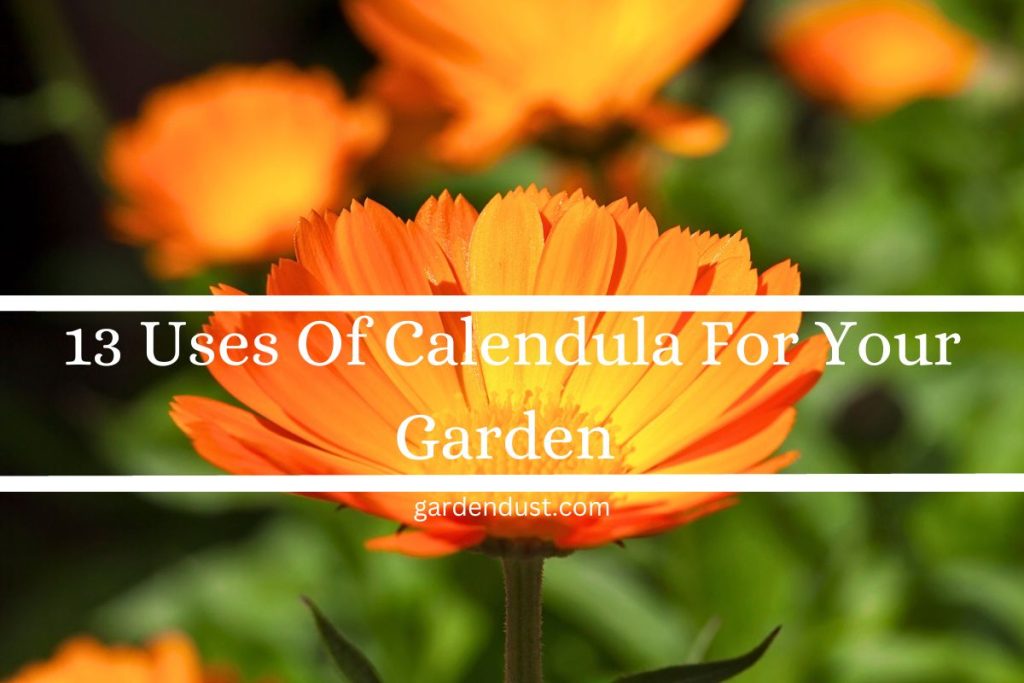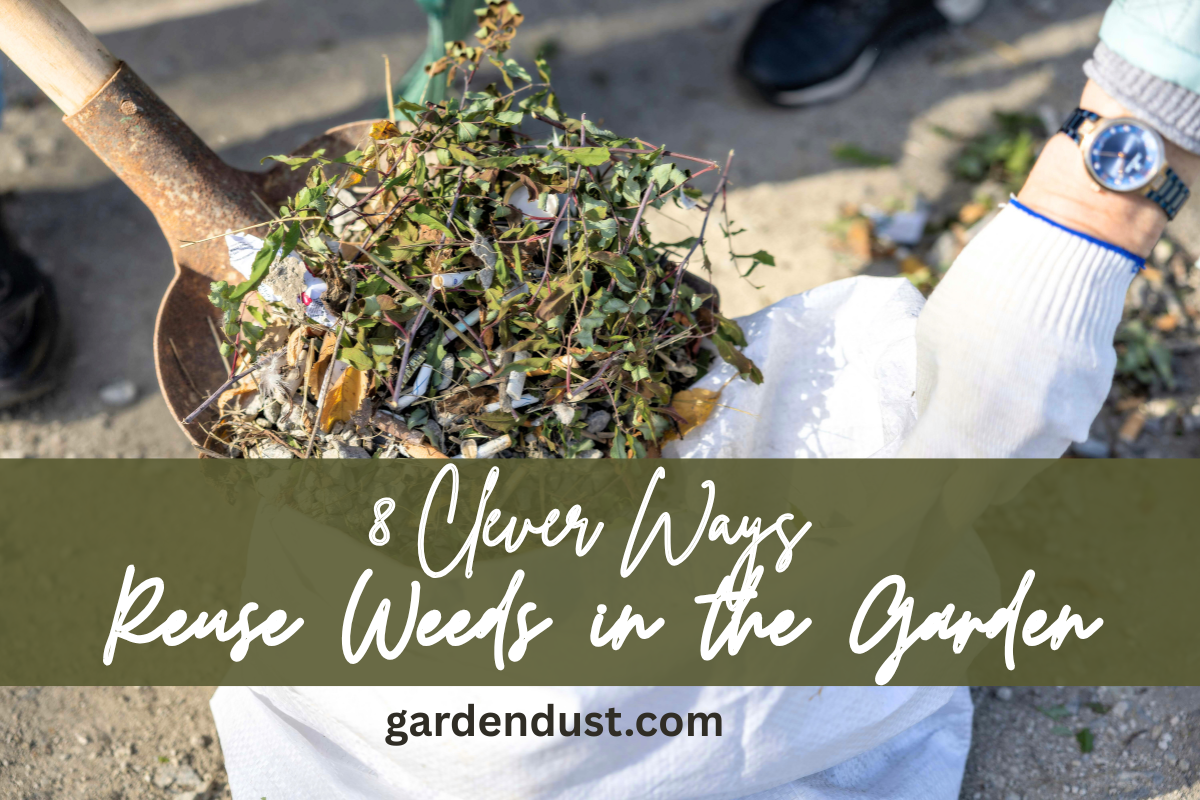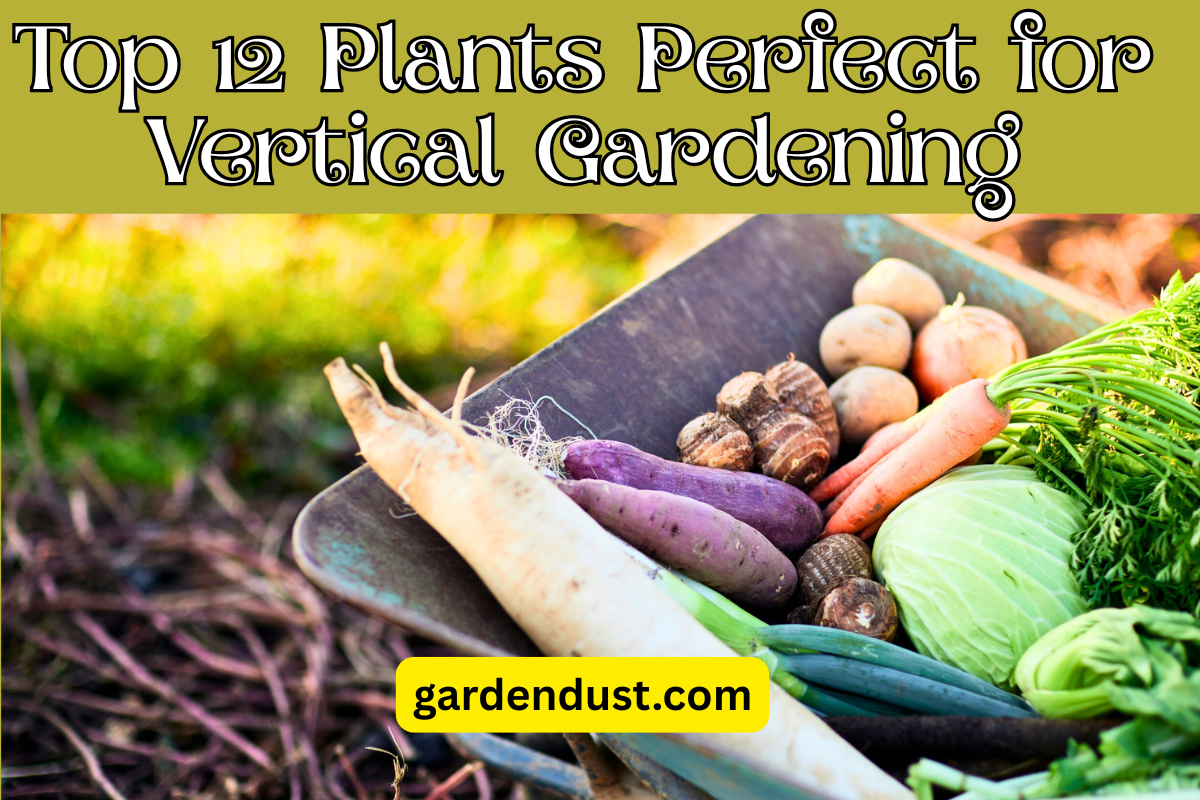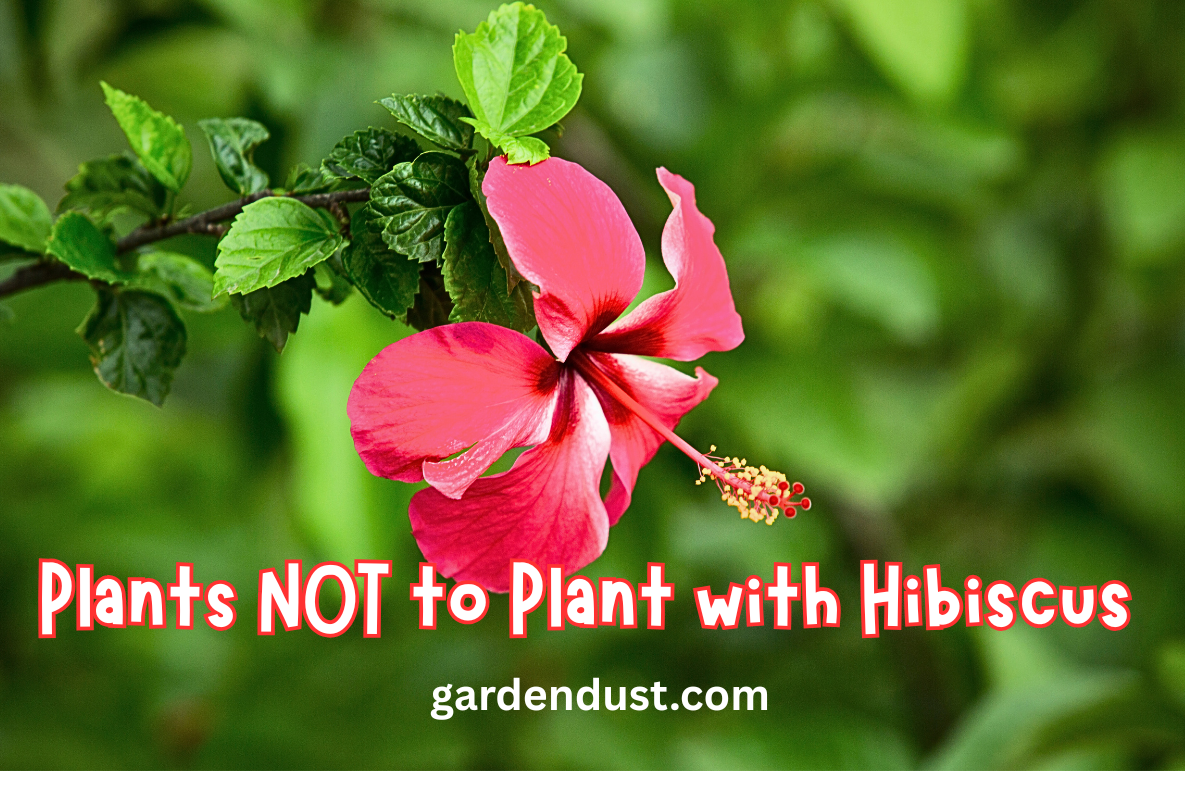Calendula, often referred to as marigold, is not just a vibrant and cheerful addition to your garden; it’s a powerhouse of versatility with numerous benefits for both your plants and you. This beautiful and resilient herbaceous plant belongs to the daisy family and has been cherished for its medicinal and ornamental qualities for centuries. In this article, we will explore 13 Uses of Calendula for Your Garden that also enhance the health, beauty along with productivity of your garden. Let’s begin…
13 Uses Of Calendula –
1.Companion Planting
Calendula is an excellent companion plant for your vegetable garden. Its bright flowers attract beneficial insects such as ladybugs and hoverflies, which help control harmful pests like aphids. The strong aroma of calendula also deters nematodes, providing a natural barrier against these soil-borne pests. Planting calendula alongside vegetables like tomatoes, beans, and lettuce can contribute to a healthier and more robust garden ecosystem.
2.Natural Pest Repellent
The pungent scent of calendula serves as a natural deterrent for many garden pests. By strategically placing calendula plants around your garden, you can help protect your precious crops from pests like whiteflies, cabbage worms, and tomato hornworms. Additionally, calendula extracts can be used to create homemade insect repellent sprays, providing an organic and chemical-free alternative to safeguard your plants.
3.Soil Enrichment
Calendula is known for its ability to improve soil quality. As a dynamic accumulator, calendula extracts nutrients from the soil and stores them in its tissues. When the plant is pruned or chopped and left to decompose, these nutrients are released back into the soil, enriching it and enhancing its fertility. Consider planting calendula in areas where you plan to rotate crops, ensuring a consistent supply of vital nutrients.
READ ALSO:-10 REASONS OF GROWING LEMONGRASS PLANT
4.Edible Flowers
Beyond its aesthetic appeal, calendula offers a culinary dimension to your garden. The petals of calendula flowers are edible and can be a delightful addition to salads, soups, and desserts. With a slightly peppery and tangy flavor, these vibrant petals not only elevate the visual appeal of your dishes but also provide a subtle, unique taste. Ensure that you use organically grown calendula, free from pesticides, for culinary purposes.
5.Homemade Calendula Oil
Calendula is renowned for its skin-soothing properties. By infusing dried calendula petals in carrier oils like olive or jojoba, you can create a potent homemade calendula oil. This versatile oil can be used topically to soothe skin irritations, reduce inflammation, and promote wound healing. Regular application of calendula oil can also enhance the overall health and resilience of your skin, making it an invaluable addition to your natural skincare routine.
6.DIY Calendula Salve
Take your calendula oil a step further by crafting a DIY calendula salve. Mix the infused oil with beeswax and essential oils like lavender or chamomile to create a healing balm with anti-inflammatory and antiseptic properties. This salve can be applied to minor cuts, burns, and insect bites, providing a natural and effective remedy straight from your garden.
7.Calendula Tea for Plants
Harness the power of calendula to create a nutrient-rich tea for your garden plants. Simply steep dried calendula petals in water to create a potent tea that can be used as a natural fertilizer. This organic concoction provides essential nutrients and trace minerals to your plants, promoting healthy growth and vibrant blooms. Use the tea as a foliar spray or incorporate it into your watering routine for maximum benefits.
8.Calendula Infused Vinegar
Create a multi-purpose cleaning solution by infusing vinegar with calendula petals. This homemade calendula vinegar serves as a natural disinfectant and can be used for cleaning surfaces in and around your garden shed. The antimicrobial properties of calendula, combined with the cleaning power of vinegar, make this a sustainable and eco-friendly alternative to commercial cleaning products.
9.Calendula in Bath Salts
Indulge in the therapeutic benefits of calendula by incorporating it into your bath routine. Combine dried calendula petals with Epsom salts and essential oils to create a soothing and aromatic bath salt blend. Calendula-infused bath salts can help relax muscles, alleviate stress, and nourish your skin. This DIY creation adds a touch of luxury to your self-care regimen, all sourced from your garden.
10.Natural Dye Source
If you’re into natural dyeing, calendula can be a valuable resource. The vibrant orange and yellow hues of calendula petals can be used to create natural dyes for fabrics and yarns. Experiment with different extraction methods to achieve various shades, and enjoy the satisfaction of producing beautiful, plant-derived colors straight from your garden.
11.Calendula Tinctures
Harness the medicinal properties of calendula by creating alcohol-based tinctures. These tinctures can be used internally for various health benefits, such as supporting the immune system and promoting digestive health. Calendula tinctures are easy to make at home and can be a valuable addition to your herbal medicine cabinet.
12.Calendula Potpourri
Bring the invigorating scent of calendula indoors by crafting your own potpourri. Combine dried calendula petals with other aromatic herbs and flowers to create a fragrant blend that not only adds a pleasant aroma to your home but also serves as a natural air freshener. This simple yet effective DIY project allows you to enjoy the benefits of calendula year-round.
13.Calendula Seed Saving
Ensure the sustainability of your garden by saving calendula seeds for future plantings. Calendula seeds are easy to collect and store, providing a cost-effective way to maintain a steady supply of this beneficial plant. Share the seeds with fellow gardeners to promote the cultivation of calendula and its myriad benefits in the broader gardening community.
Final Thoughts
Calendula, with its vibrant blossoms and myriad uses, is a true gem in the garden. From companion planting to culinary delights, skincare to natural cleaning solutions, this versatile herb offers a multitude of benefits for both your plants and your well-being. By incorporating calendula into various aspects of your gardening and lifestyle, you can tap into its diverse array of properties and unlock the full potential of this remarkable plant. Cultivate calendula in your garden, and watch as it transforms into a dynamic force, enhancing the beauty and functionality of your outdoor space. Happy Gardening…






